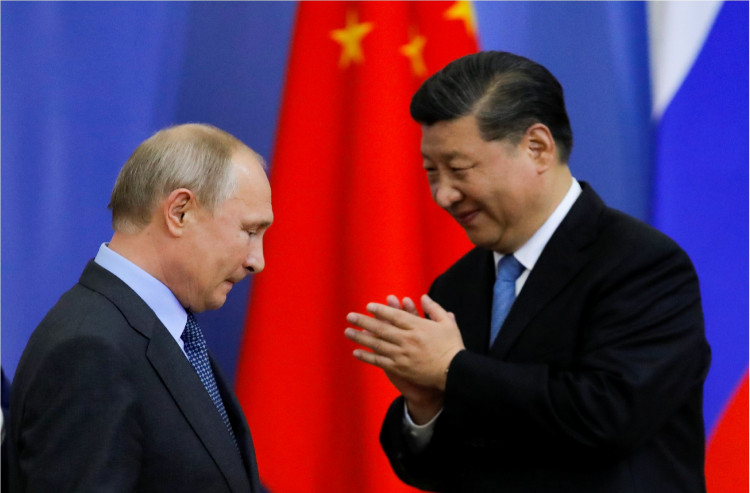The Shanghai Cooperation Organization (SCO), a Eurasian political, economic, and security alliance led by China and Russia, is set to admit Belarus as a full member. This development, expected to be formalized at the SCO's annual summit in Astana, Kazakhstan, underscores the bloc's ambition to serve as a counterbalance to Western influence, particularly that of the United States.
The addition of Belarus, a staunch ally of Russia that has supported Moscow's controversial actions in Ukraine, marks another step in the transformation of the SCO from a regional security group to a significant geopolitical entity. This expansion follows the inclusion of Iran last year and highlights the SCO's growing clout on the international stage. Chinese President Xi Jinping and Russian President Vladimir Putin, both present in Astana, will be meeting for the second time this year, further solidifying their partnership within the organization.
Founded in 2001 by China, Russia, Kazakhstan, Kyrgyzstan, Tajikistan, and Uzbekistan to combat terrorism and promote regional security, the SCO has steadily broadened its scope and membership. India and Pakistan were added in 2017, and with Belarus' upcoming inclusion, the organization will encompass 10 member states, representing over 40% of the world's population and about a quarter of the global economy. Additionally, the SCO includes observer states such as Afghanistan and Mongolia, and numerous dialogue partners including Turkey and various Arab nations.
The SCO's expansion is seen as a strategic maneuver by Beijing and Moscow to counter what they perceive as US hegemony and to reshape the global order in their favor. This view is supported by Eva Seiwert, an expert on China's foreign policy at the Mercator Institute for China Studies (MERICS) in Berlin, who notes that Belarus' membership is more about geopolitical signaling than economic or security cooperation. "The inclusion of Belarus underscores the SCO's shifting mission towards a broader geopolitical role," she said.
For Russia, embroiled in its third year of conflict in Ukraine, the SCO provides a crucial diplomatic platform. For China, facing deteriorating relations with the US, the SCO's expanding membership bolsters its vision of a multipolar world order. This joint ambition was highlighted by Putin in a recent meeting with his foreign ministry officials, where he discussed the potential for a new security framework in Eurasia that reduces Western military presence, aligning with China's global security initiatives.
Despite the outward show of unity, the expansion has not been without internal tensions. The inclusion of countries with complex relationships, such as India and Pakistan, has added layers of diplomatic friction. Furthermore, the SCO's growing anti-Western stance, especially with the admission of Iran and now Belarus, has caused unease among member states that seek balanced relations with both the West and the bloc's leading powers.
Bates Gill, a senior fellow for the National Bureau of Asian Research, notes that Belarus' membership raises questions about the SCO's reputation and legitimacy. "Belarus' inclusion poses challenges given its support for Russia's actions in Ukraine, potentially diluting the SCO's original focus on Central Asia and raising concerns about its broader mandate," he said.
India's approach to the SCO also reflects these complexities. Indian Prime Minister Narendra Modi is notably absent from the Astana summit, opting instead to strengthen ties with the US. This decision, along with India hosting last year's summit virtually, signals New Delhi's cautious stance towards the organization's direction under Chinese and Russian influence.
Even within the SCO, China is pursuing more direct engagement with Central Asian countries, separate from Russia. Last year, China hosted leaders from the region at the inaugural China-Central Asia summit, establishing a permanent Secretariat in Xi'an. This indicates Beijing's strategic interest in maintaining influence in Central Asia independently.
As the SCO continues to evolve, its expansion underscores both its potential and its inherent challenges. While it aims to present a united front against Western dominance, the diversity of its members and their varied geopolitical interests could limit its cohesion and effectiveness compared to established blocs like NATO or the European Union.
With China set to take over the rotating presidency of the SCO for the next year, efforts will likely intensify to find common ground among its increasingly diverse membership. Seiwert from MERICS highlights the importance of this period for Beijing, stating, "China will be keen to ensure the SCO is seen as a successful and influential organization, despite the challenges posed by its expanding membership."
CNN contributed to this report.





